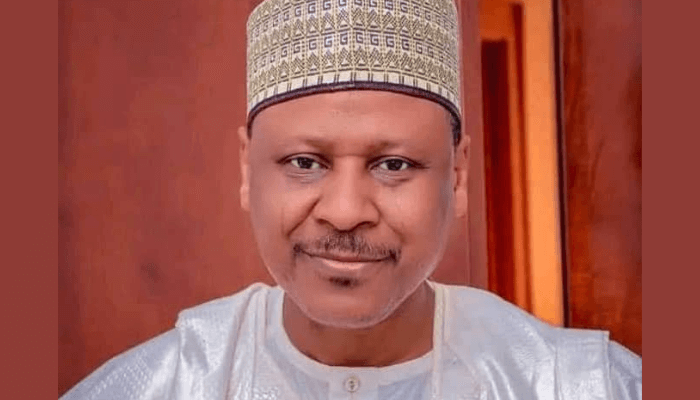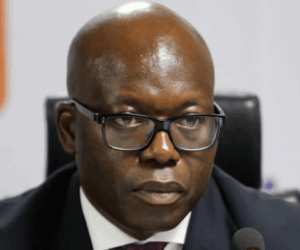The Federal Government has reaffirmed that its Presidential Initiative on Compressed Natural Gas (Pi-CNG) and ongoing energy sector reforms are aimed at strengthening Nigeria’s economic ecosystem.
Mohammed Idris, Minister of Information and National Orientation, stated this at the 8th Value Chain Energy Magazine Annual Lecture in Abuja on Tuesday.
Idris, who was represented by Mohammed Bulama, Director General of the Federal Radio Corporation of Nigeria, said the theme of the event, “Growth in Energy Sector: Nexus Between Economic Development, Social Impact and Public Perception” aligns with President Bola Tinubu’s development philosophy.
He noted that the Tinubu administration recognises that genuine national progress requires a balance between economic reforms, social impact, and public confidence.
“From the outset, President Tinubu has emphasised that Nigeria’s economic recovery relies on a stable, modern, and efficient energy sector,” he said.
According to him, the Renewed Hope Agenda strategically positions the energy sector at the heart of sustainable growth, industrial expansion, investment inflow, job creation, and long-term competitiveness.
Idris explained that the government’s drive for CNG forms part of a broader plan to build a sustainable and affordable energy mix that promotes cleaner fuels and supports both citizens and businesses.
He described the initiative as not merely an energy policy but a socio-economic intervention with direct benefits for transportation, manufacturing, and household spending.
Read also: MDGIF targets construction of 500 CNG refuelling stations in 3 years
He added that the implementation of the Electricity Act and increased cooperation with states are opening doors for private investment, off-grid innovations, and better service delivery, with the ultimate goal of ensuring reliable power supply for homes and industries.
“By enhancing regulatory clarity, boosting local content, and fostering innovation, the Tinubu administration is strengthening Nigeria’s appeal as a leading destination for energy investments in Africa,” he said.
Idris stressed that although the reforms may be challenging, they are necessary to secure Nigeria’s long-term stability and prosperity.
The event brought together key stakeholders from the oil and gas industry and other sectors.









